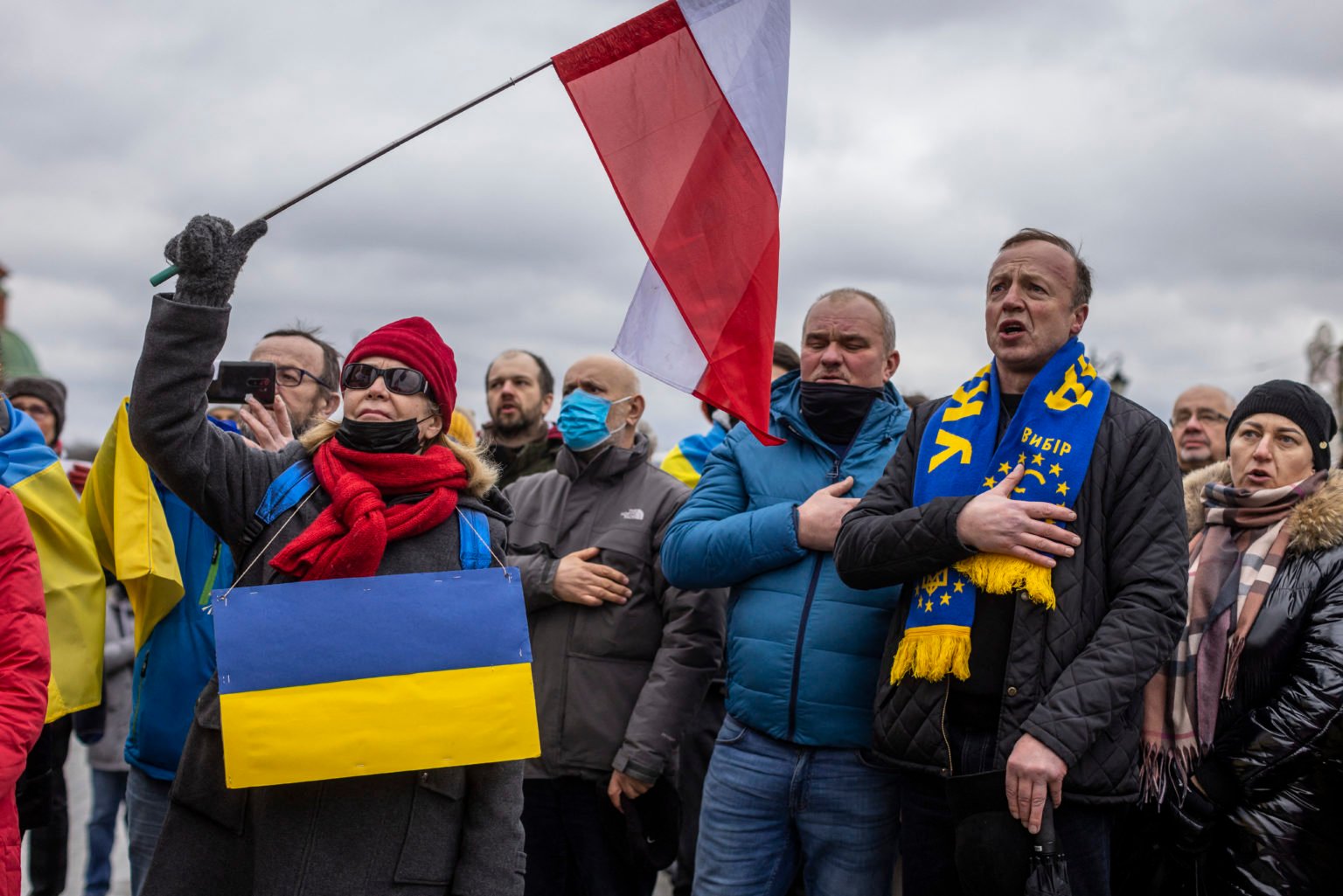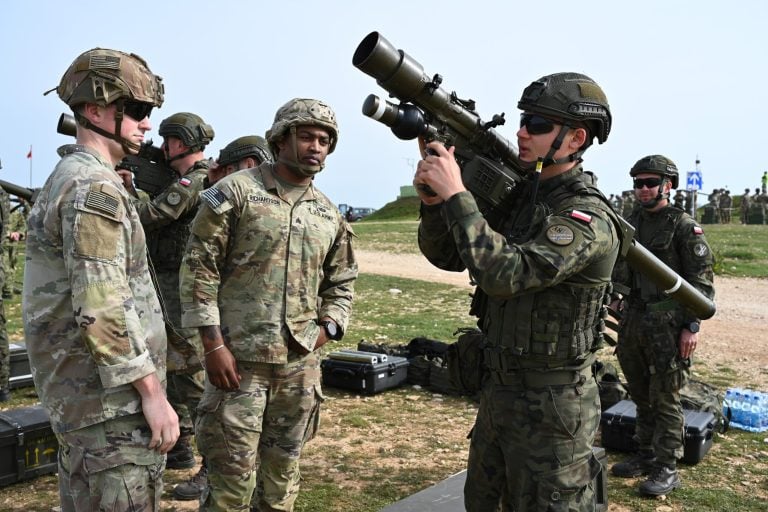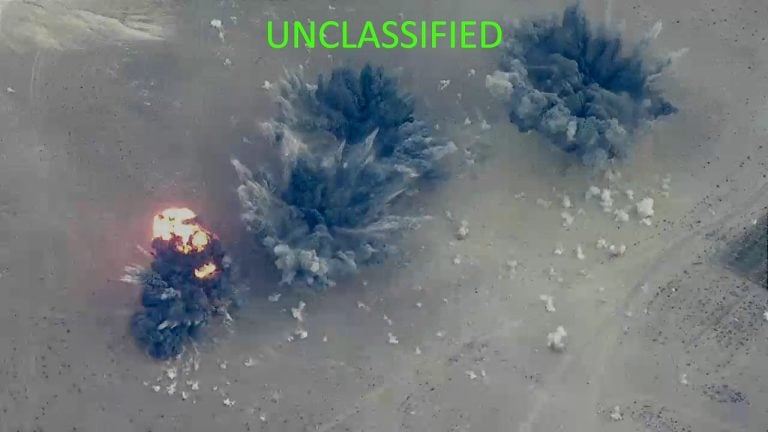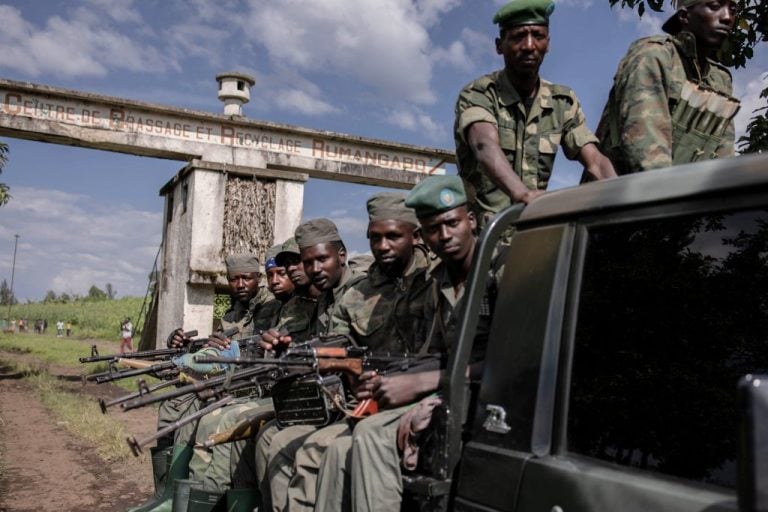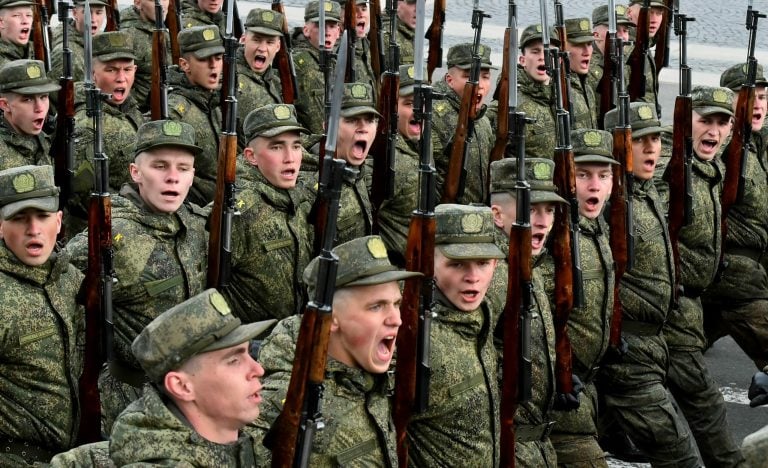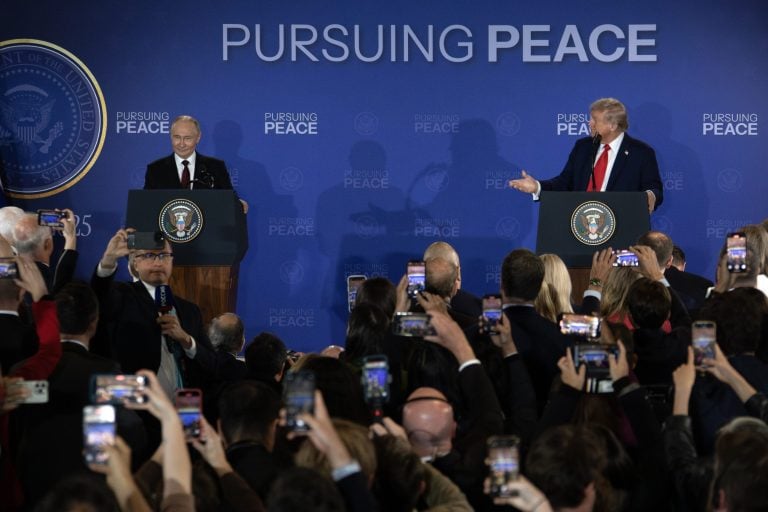Poland’s digital affairs minister has raised alarms over a significant increase in cyberattacks attributed to Russian sources as the nation approaches its presidential election scheduled for May 18. Authorities are on high alert, suggesting that these cyber operations may be aimed at disrupting the electoral process and spreading disinformation.
Krzysztof Gawkowski, the digital affairs minister, reported on news channel TVN24 that nearly 2,000 cyber incidents had already been recorded on Tuesday alone, with a substantial rise in such occurrences noted since the beginning of the year. “There are 60,000-70,000 attacks a month” of varying scales, he declared, reinforcing the belief that Poland is currently engaged in a “cyberwar with Russia.”
Gawkowski expressed concerns that Russian intelligence services are not only targeting critical public infrastructure—such as water and electricity systems—but are also attempting to instigate chaos and fear among the population. He highlighted the troubling tactic of recruiting local influencers to disseminate disinformation, with incentives reportedly ranging between €3,000 to €4,000 (approximately $3,300 to $4,500) for a short stint of 10 days.
In light of these escalating threats, the Polish government has implemented various preventative measures to bolster cybersecurity ahead of the pivotal election. Earlier this month, Polish Prime Minister Donald Tusk disclosed that his party was also a victim of a cyberattack, describing the incident as a clear case of “foreign interference.”
Further complicating the situation, a report from French defense firm Thales released in late March indicated that Russia has been launching cyber operations against Poland as well as several Nordic and Baltic nations. The objective of these attacks appears to involve exacerbating divisions and promoting anti-war sentiments within those states.
As Poland continues to fortify its digital defenses, the looming shadows of cyber warfare and foreign disinformation consistently challenge the integrity of its democratic processes during this critical electoral period.
